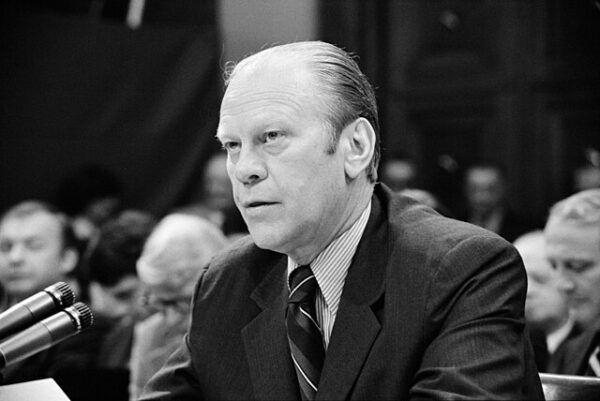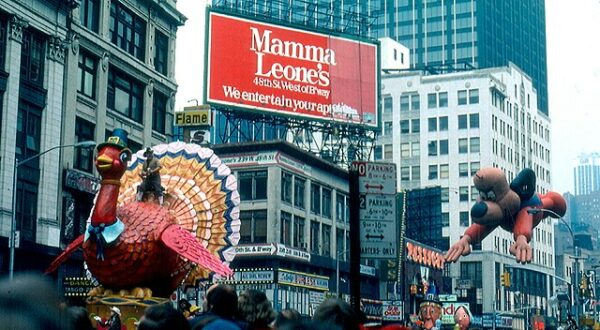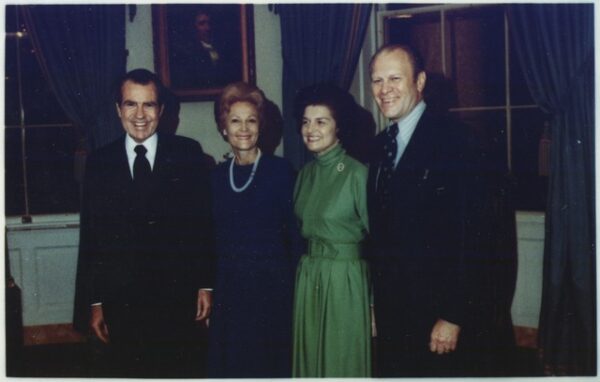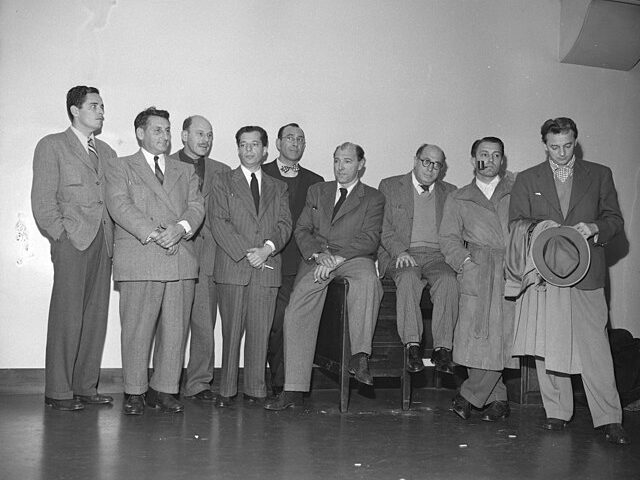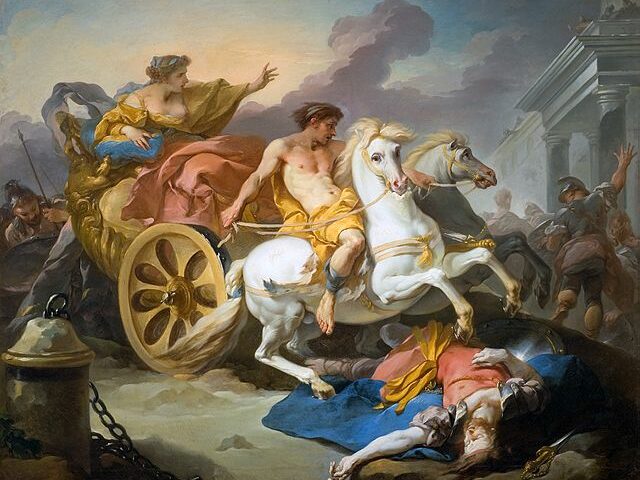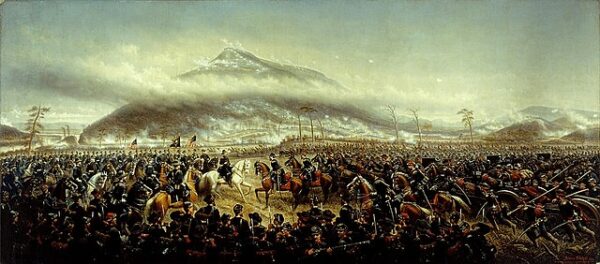On November 27, 1973, the United States Senate delivered an overwhelming bipartisan verdict—a 92–3 vote to confirm House Minority Leader Gerald R. Ford as Vice President of the United States—marking the first major invocation of the Twenty-Fifth Amendment’s Section 2 mechanism to fill a…
Read MoreOn November 27, 1924, New York City witnessed the birth of what would become an enduring American tradition: the Macy’s Thanksgiving Day Parade. Organized by Macy’s department store, this inaugural event marked the start of a beloved holiday celebration that has since captivated millions…
Read MoreOn November 27, 1973, the Twenty-Fifth Amendment was used for the first time. Gerald Ford’s ascent to the position of Vice President of the United States resulted from the political turbulence that marked the early 1970s. In the aftermath of the Watergate scandal, then-Vice…
Read MoreThe political drama that gripped the United States in the fall of 2000 reached a decisive—though hardly final—milestone on November 26, when Florida Secretary of State Katherine Harris certified Governor George W. Bush as the winner of the state’s 25 electoral votes. The certification…
Read MoreOn October 3, 1863, amid the turmoil of the Civil War, President Abraham Lincoln issued a proclamation that would establish Thanksgiving as a national holiday in the United States. Lincoln’s declaration designated November 26, 1863, as a day of “Thanksgiving and Praise to our…
Read MoreThe Mars Rover Curiosity, a marvel of modern space exploration, embarked on its journey to the Red Planet with a historic launch on November 26, 2011. Launched as part of NASA’s Mars Science Laboratory mission, Curiosity aimed to unravel the mysteries of Mars and…
Read MoreThe postwar anxiety that had been simmering beneath the surface of American political life hardened into a formal purge on November 25, 1947, when the nation’s major movie studios announced they would no longer employ a group of screenwriters and directors who had refused…
Read MoreServius Tullius, the sixth king of Rome, holds a pivotal place in Roman history for his military achievements, societal reforms, and administrative innovations. Among his many accomplishments, his first triumph over the Etruscans remains a defining moment that showcased his strategic brilliance and leadership.…
Read MoreOn November 25, 1999, a five-year-old boy from Cuba was found on Thanksgiving day holding on to an inner tube a few miles off of the coast of Ft. Lauderdale, Florida. Fishermen rescued him and took him to a hospital for treatment. Elian Gonazlez’s…
Read MoreOn November 24, 1863, Union forces launched one of the most visually dramatic and symbolically powerful actions of the American Civil War: the assault on Lookout Mountain, a towering, fog-shrouded massif that loomed over the desperately besieged city of Chattanooga, Tennessee. The engagement—popularly remembered…
Read More

